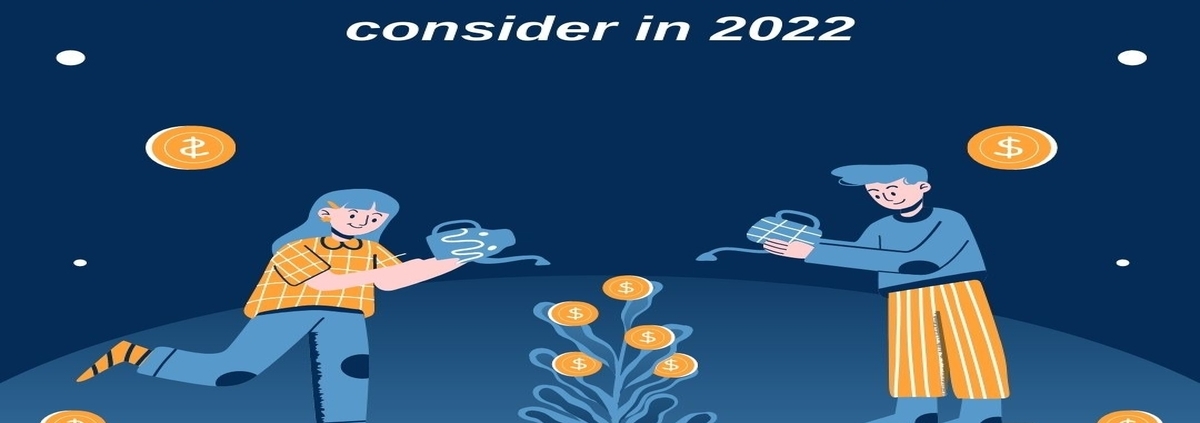If there is one thing we have learned from the past couple of years, it is that no one can predict what the future holds. We’ve seen lives come to a standstill, economic activities halt, stock markets plummet, and much more. These may be uncertain times, but that doesn’t mean your financial prospects have to be too.
The world is adapting quickly, and many people are starting to realize the importance of establishing a financial safety net. It’s a topic that’s brought up a lot these days, so I’d like to share a couple of insights on personal finance and the trends for 2022.
Beginner-friendly online brokerage will gain traction
One of the biggest obstacles that people face in the GCC when trying to get into investing and trading is the steep learning curve and entry barriers present in traditional trading platforms. In Dubai, the typical process involves applying for an investor number (NIN) through the Dubai Financial Market (DFM)(1) and then opening an account with a listed broker for trading in the local markets. Access to international markets requires additional forms and paperwork.
For most people, this is a tedious and complicated process. Online brokerage firms, however, allow you to get started quickly and easily through their account registration processes. Many of these online brokers have educational tools aimed at helping those who are new to investing. I think we will continue to see online brokerages rise in popularity as they make investing accessible to a broader audience.
Contract for Differences (CFD) trading will find more takers
A CFD is a contract between the investor and a financial institution where he/she takes a position on the future value of an asset, without buying it. In other words, if I think that Apple stock will rise, I can open a ‘long position’ (i.e. buy) on Apple stock. If Apple stock does well and goes up, I can then close with a ‘short position’ (i.e. sell), and the difference between the price I paid on the opening position and closing position is the profit/loss I make.
Many opportunities arise from CFD Trading. The most useful to private investors is the option to trade fractional shares. The purchasing of stocks normally requires you to pay a multiple of the share price of a particular company. So, if the share price is $1000, you must pay at least $1000 to own that stock. Trading with a CFD means that you only need to pay a fraction of that share because you’re not buying the stock. This gives investors who don’t have as much money the opportunity to open short or long positions on high-value stocks, without requiring a lot of capital.
Another benefit of CFD trading is the option to invest in indices. Since an index is based on multiple companies, you can’t directly buy a share in indices. With CFD, investors can speculate on the future value of that index and invest accordingly. Some CFD trading platforms allow you to ‘copy’ the portfolio of more experienced investors very easily — a useful feature for beginners seeking hand-holding. All of these factors make CFD trading ideal in light of new investors entering the financial market. In 2020, around 560,000 customers participated in trading CFD stocks each month — which is an increase of 32% year-over-year.(2)
Both the above trends are predicated on the influx of new investors into the market. So, by design, they are more accessible, democratized, and inclusive, with low entry barriers. I look forward to seeing how these trends develop over 2022.



